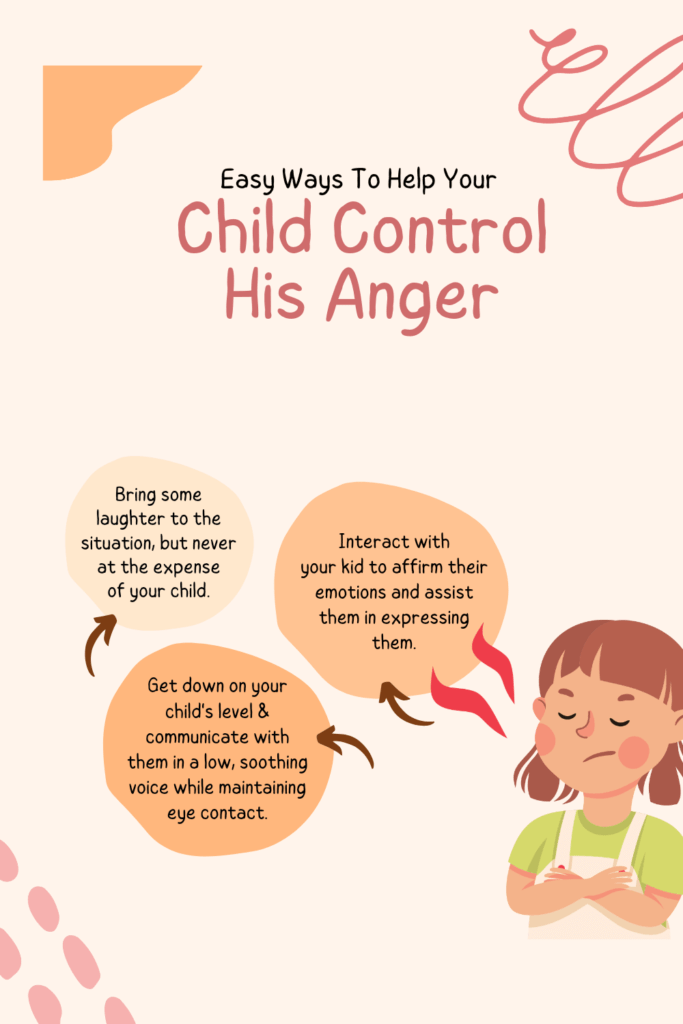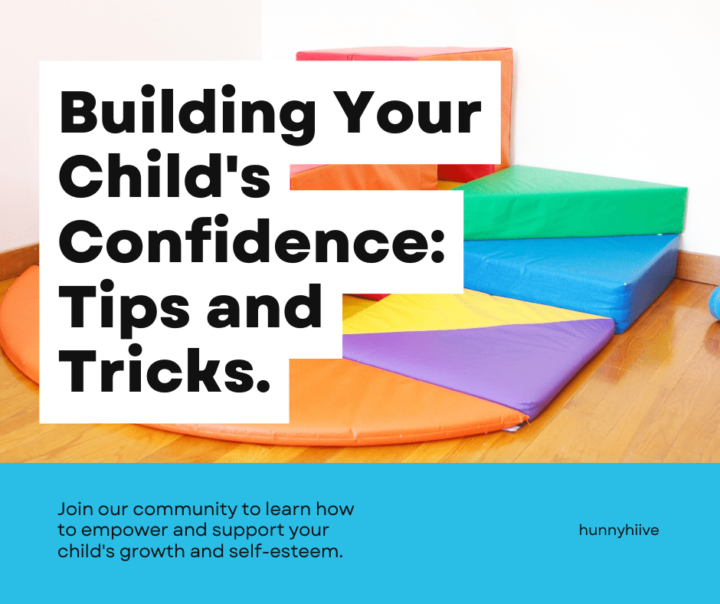
Effective Ways to Help Your Child Make Friends and Thrive Socially
Effective Ways to Help Your Child Make Friends and Thrive Socially with the right support.
As moms, we all want our kids to be happy, confident, and have plenty of friends. But what do you do when your child has trouble making friends or doesn’t seem to get along with others? It’s a worry many of us face, and while we do our best to help, it can be tricky to know when to step in and when to let them figure it out on their own. Are we giving enough support, or are we holding back at the wrong times?
Let’s dive into some practical, mom-approved ways to support your child in building friendships and developing social skills, without crossing the line into overparenting.
Why Your Child Might Struggle to Make Friends
The Quiet Kid vs. The Social Butterfly
We’ve all been there, labeling our kids as “shy” or “outgoing,” but it’s not that simple. The child who hangs back at birthday parties or avoids group play isn’t necessarily disinterested—they might just need a little extra confidence to put themselves out there. On the other hand, the super-social child might come on too strong, pushing other kids away without realizing it. Whether your child is on the quiet side or the life of the party, they need our guidance to navigate social waters.

Is It Just Personality, or Are They Missing Out?
Before we jump into the tips, let’s get real about something: Are we putting too much pressure on our kids to be social? Some kids are perfectly content with just one or two close friends, and that’s okay! The idea that every kid needs to be popular or have a big friend group might be more about what we expect than what they actually need.
How Much Should We Really Step In?
Here’s a tough one for us moms: Are we helping too much? It’s natural to want to protect our kids from feeling left out or rejected, but stepping in too much can stop them from learning how to handle tricky social situations on their own. Giving them the space to figure things out, even if it’s uncomfortable, might be exactly what they need.
Practical Tips for Helping Your Child Make Friends
Teach Empathy
If there’s one thing that’ll help your child build lasting friendships, it’s empathy. Kids who understand how others feel are better at making and keeping friends. The good news? You can teach empathy at home! Start with simple questions like, “How do you think they felt when that happened?” or “What can we do to make her feel better?” This helps kids start seeing things from someone else’s point of view.

Empathy takes time and practice, so don’t expect your child to get it overnight. The more you model it, the easier it’ll be for them to pick up on how others are feeling.
Host Playdates, But Don’t Overmanage
Playdates are a great way for kids to practice socializing, but we’ve all been guilty of hovering a little too much. Let the kids take the lead! Sure, step in if things get out of hand, but try to let them work through minor conflicts on their own. After all, learning to navigate disagreements is part of building solid friendships.
If your child tends to be shy, start with smaller playdates—one-on-one might feel less overwhelming than a big group. The key is support by giving them opportunities to connect without taking over the whole thing.
Get Them Involved in Group Activities
One of the best ways for kids to meet new friends is through group activities. Whether it’s sports, dance, or art class, these settings give them a chance to connect with others who share their interests. But here’s the kicker: make sure it’s something they want to do. If we push them into activities just because we think it’s a good idea, it’s not going to be fun for them—and making friends should be fun!
Regularly showing up to the same group activity gives them more chances to bond with other kids, and eventually, they’ll form friendships naturally.
Help Them Understand Social Cues
Not every kid naturally picks up on social cues, and that’s okay. If your child struggles to read body language or doesn’t quite get the timing of conversations, they might find it harder to connect with others. You can help by gently pointing out social cues in everyday situations, like how to take turns in conversations or how to tell when someone’s ready to change the subject.
The more you practice this at home, the more it’ll stick when they’re with friends. It’s not about being perfect but about giving them the tools to understand what’s happening around them.
Teach Them How to Solve Problems
Friendships aren’t always smooth sailing, and kids need to know how to handle conflict. When things go wrong between friends, instead of jumping in to fix it for them, try asking, “What do you think you can do to make things better?” This gets them thinking about how to solve problems on their own, which is a skill they’ll use throughout their lives.
The goal is to help them understand that arguments don’t have to end a friendship—it’s how we handle those moments that really matters.
Finding the Balance Between Helping and Hovering
Let’s be honest, moms: it’s hard to watch our kids struggle, especially when it comes to friendships. But there’s a fine line between helping and hovering. Giving your child the space to make mistakes and learn from them will ultimately help them become more confident and independent in their social life.
It can feel a little scary to let go, but remember that allowing them to experience the ups and downs of friendship is part of growing up. It’s better for them to learn these lessons now, rather than struggle later on when the stakes are higher.
When You Might Need Professional Help
In some cases, social struggles go beyond what we can handle at home. If your child is consistently avoiding social interaction, seems overly anxious, or has a really hard time making friends despite your best efforts, it might be time to reach out to a professional. A child therapist or counselor can provide extra support and strategies that are specific to your child’s needs.
There’s no shame in asking for help—it’s just another way of making sure our kids are set up for success, both socially and emotionally.
Wrapping It Up: Helping Your Child Build Friendships That Last
At the end of the day, helping our kids make friends isn’t about pushing them to be the most popular or the most outgoing. It’s about giving them the tools to connect with others in a way that feels comfortable for them. By teaching support, empathy, encouraging activities they love, and stepping back when they need space, we’re setting them up for lifelong friendship success.
Remember, mama: it’s a journey, and every child’s path to friendship is a little different. Just keep guiding them along the way, and they’ll find their way to meaningful connections in their own time.
Table of contents
- Effective Ways to Help Your Child Make Friends and Thrive Socially with the right support.
- Why Your Child Might Struggle to Make Friends
- Practical Tips for Helping Your Child Make Friends
- Finding the Balance Between Helping and Hovering
- When You Might Need Professional Help
- Wrapping It Up: Helping Your Child Build Friendships That Last





